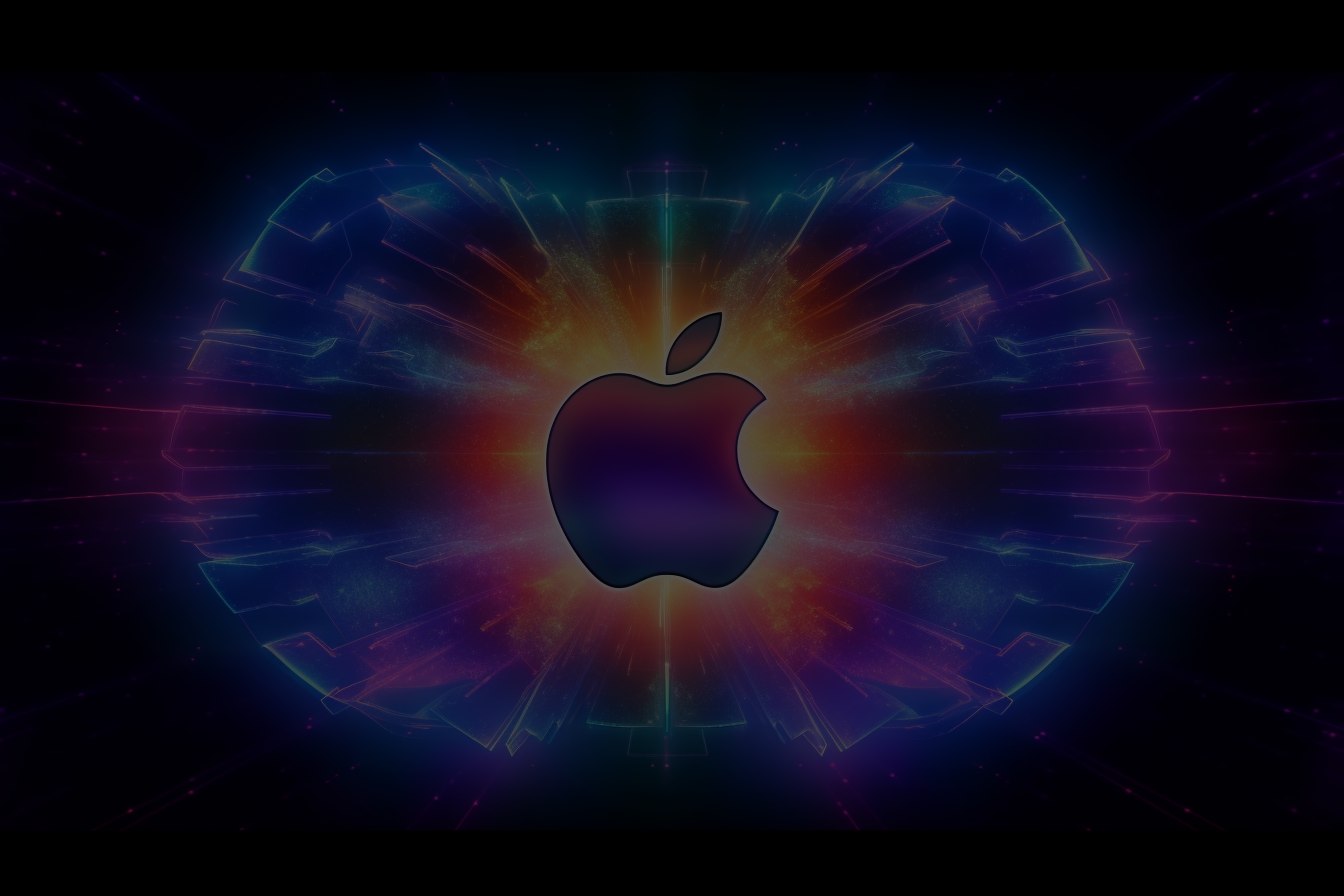Virtual Reality (VR) has broken free from the confines of science fiction and futuristic visions. With the introduction of cutting-edge VR hardware like the forthcoming Apple Reality Pro headset, we are witnessing the ongoing transformation of the world’s largest industries. In this article, we will explore 10 key examples (in no particular order) that showcase the immense potential of VR across various sectors.
1. Medical and Science Education
In the medical and scientific realms, VR headsets equipped with powerful processors and ample memory, like the Apple Reality Pro, allow for the running of complex simulations necessary for advanced education. These VR experiences can provide students with a hands-on approach to learning, diving into the human body to explore complex biological systems, or even journeying at the molecular level to understand chemical reactions.
2. Language Learning
VR technology is revolutionizing language learning by creating immersive and interactive environments that enhance language acquisition. Students can engage in realistic scenarios where they can practice conversational skills, vocabulary, and cultural nuances in a virtual setting. Through virtual immersion, they can simulate real-life language interactions, such as ordering food in a restaurant or negotiating in a marketplace. VR language learning experiences offer a safe space for students to build confidence, improve pronunciation, and develop fluency through repeated practice and immediate feedback.
3. Math
In the realm of math education, VR offers unique opportunities to make abstract concepts tangible and engaging. Through virtual simulations, students can visualize complex mathematical principles and manipulate objects in three-dimensional space. They can explore geometric shapes, understand spatial relationships, and solve mathematical problems in a dynamic and interactive way. VR math learning experiences can foster a deeper understanding of mathematical concepts, improve problem-solving skills, and ignite a sense of curiosity and exploration in students. By merging technology with mathematical exploration, VR is reshaping the way students engage with and comprehend mathematics.
4. Architecture and Design
When it comes to architecture and design, VR technology like Apple’s Reality Pro, with its advanced hand tracking and gesture control features, could revolutionize the way we visualize and interact with spaces. Students and professionals can create and modify 3D models of buildings or landscapes, experiencing their designs in a fully immersive environment before they are brought to life.
5. Programming and Game Development
For programming and game development, VR presents an exciting frontier. With features that allow users to create their own apps without the need for coding skills, the scope for creativity and innovation is vast. Users can scan real-world objects, transforming them into digital assets, opening up new dimensions of interactivity in game development. The ability to manipulate virtual environments with ease will empower both students and developers to push the boundaries of what’s possible in gaming.
6. Social and Emotional Skills Development
VR technology holds great potential for fostering social and emotional skills in education. Through immersive scenarios and simulations, students can practice empathy, conflict resolution, and communication skills in realistic virtual environments. These experiences allow them to navigate social situations, understand different perspectives, and develop vital emotional intelligence.
7. Environmental Science and Sustainability
By immersing students in virtual environments, VR can provide firsthand experiences of ecosystems and environmental challenges. Students can explore coral reefs, rainforests, or polar regions, witnessing the impact of pollution, deforestation, or climate change. These immersive experiences cultivate empathy and a deeper understanding of environmental issues. VR simulations also offer opportunities for students to engage in interactive scenarios, such as designing sustainable cities or managing renewable energy systems. By empowering students to make informed decisions and explore innovative solutions, VR is shaping the next generation of environmentally conscious individuals who are equipped to tackle complex sustainability challenges. With the help of VR, education is fostering a sense of environmental stewardship and inspiring future leaders to create a more sustainable world.
8. Diversity and Inclusion Training
In an increasingly diverse world, VR offers a powerful tool for promoting diversity and inclusion. Virtual simulations can create experiential learning opportunities that expose students to various cultural backgrounds, identities, and perspectives. By immersing themselves in virtual environments that mimic real-world situations, students can develop empathy, understanding, and the skills needed to navigate and appreciate diverse communities.
9. Trades and Vocational Education
VR is not limited to traditional academic subjects—it also has the potential to revolutionize trades and vocational education. Industries such as solar installation or electricians can benefit from VR simulations that provide hands-on training in a safe and controlled virtual environment. Students can practice their skills, troubleshoot, and learn the intricacies of the trade without the need for expensive physical equipment or potential hazards.
10. History and Cultural Preservation
VR can transport students to different historical periods, bringing history to life in immersive and engaging ways. Virtual tours of ancient civilizations, reenactments of historical events, and visits to museums or heritage sites can provide a deeper understanding of history and cultural preservation. VR allows students to step into the shoes of historical figures, experience pivotal moments, and gain a more comprehensive appreciation of the past.
A Smarter Future
In conclusion, the advent of advanced VR technology, exemplified by Apple’s Reality Pro headset, is heralding a new era of education. The seamless integration of high-performance hardware, interactive controls, robust connectivity, and tailored operating systems for VR and AR experiences is revolutionizing learning across a myriad of industries. The 10 categories we explored above offer just a glimpse into the vast array of sectors undergoing a profound transformation through immersive education.
At Axon Park, we are fueled by the boundless potential of immersive learning and its ability to shape the future of education. Our unwavering commitment is to develop the finest learning and educational platform possible, driven by the limitless possibilities that VR affords.



